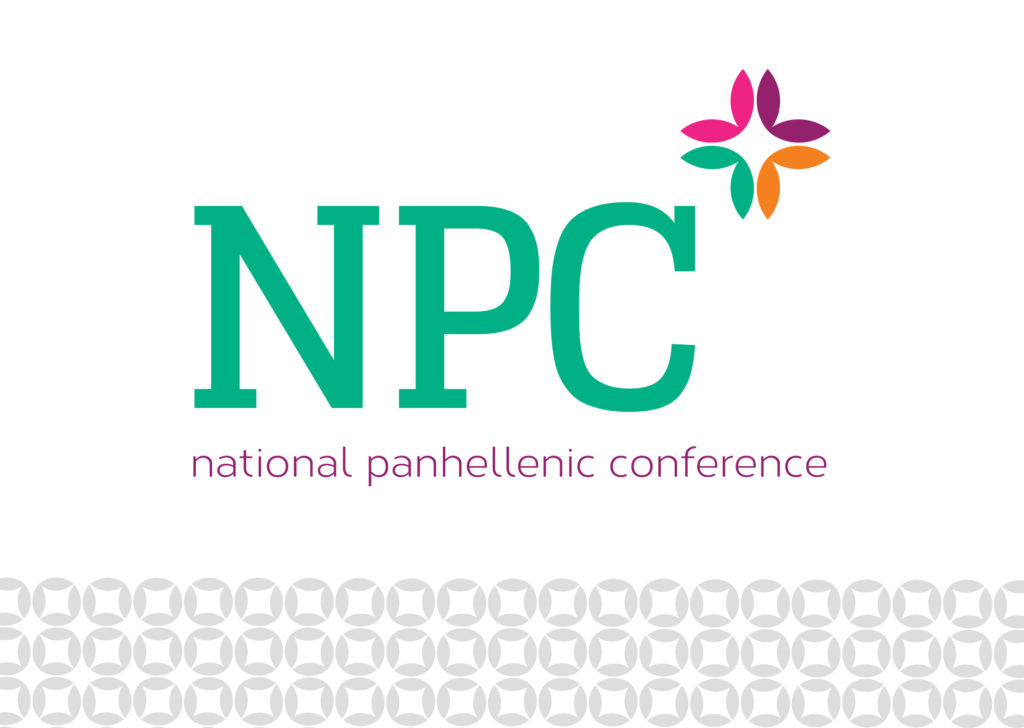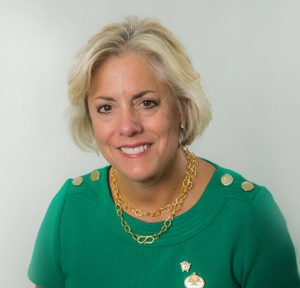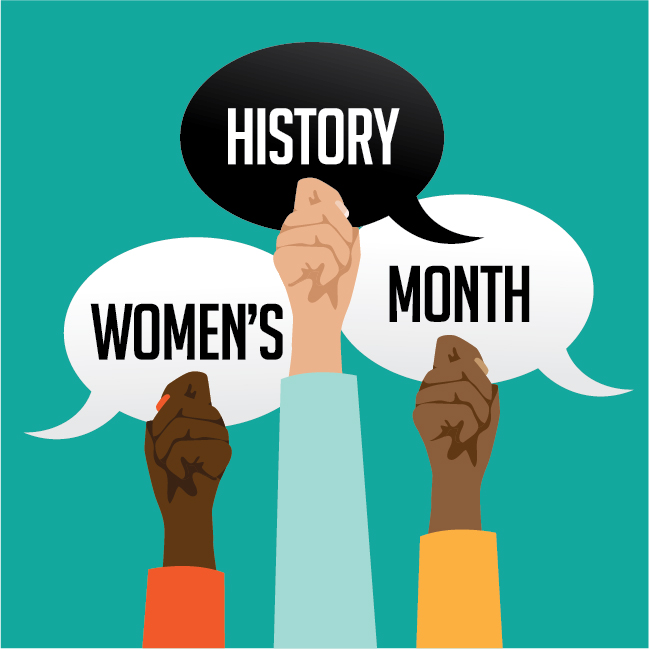Celebrating Women’s History Month & The Sorority Experience

by Carole Jurenko Jones, Alpha Delta (U of Alabama), 2017-2019 NPC Chairman

Celebrated during the month of March in the United States, Women’s History Month traces its beginning back to the first International Women’s Day in 1911. As celebrations of International Women’s Day increased throughout the years, both in public school districts and on college campuses, President Jimmy Carter issued a presidential proclamation in February 1980 declaring the week of March 8, 1980, as National Women’s History Week.
In 1987, due to the growing popularity of Women’s History Week and after being petitioned by the National Women’s History Project, Congress declared March as National Women’s History Month in perpetuity. Since then, a presidential proclamation is issued every year honoring the achievements of American women. (Note: In Canada, Women’s History Month is celebrated in October to coincide with Persons Day on October 18. It’s also an opportunity to celebrate the achievements of women and girls as trailblazers throughout Canadian history.)

This year’s Women’s History Month theme is “Nevertheless, She Persisted.” Most certainly, I equate this theme with the women of the National Panhellenic Conference. We are persistent as we advocate for the sorority experience and work to preserve the single-sex experience. And we are persistent in ensuring our sorority and fraternity communities stay vibrant and healthy.
Historically, our member organizations have survived two world wars, the Great Depression, drops in enrollment and public criticism of Greek-letter organizations.
In 1961, when negative opinion of social organizations was at its highest, NPC was persistent and adopted a twofold strategy: to reaffirm the constitutional right of fraternities to exist by virtue of freedom of assembly and to make an energetic stance toward re-educating the public about the value of sororities.
For more than a decade, while many campuses became epicenters of social unrest for reasons that went far beyond the fraternity/sorority system, NPC walked a precise line in asserting the autonomy of its member organizations and maintaining constructive communication with host institutions. One triumph of collective, persistent action was NPC’s lobbying for the continued legality of single-sex status for fraternities and sororities. This status gained partial protection in 1974, when the U.S. Congress passed an exemption to Title IX of the Education Amendment of 1972 to allow colleges and universities to recognize single-sex social organizations.
As new issues continue to arise and our member organizations evolve, new opportunities and challenges are presented that profoundly impact operations and strategy of NPC. We will continue to be persistent by working to protect students’ rights to freely associate with a single-sex organization and preserving the rights of single-sex student organizations—so women can continue to benefit from the sorority experience now and for years to come.
How you can get involved:
- Use hashtag #HearHerHarvard to help support the women who are persistent in preserving their single-sex experience.
- Stay informed on the latest legislation impacting sororities and single-sex organizations by following your member organization and NPC on social media.
- When asked by your member organization, reach out to your congressional representatives about legislation designed to protect single-sex organizations at colleges and universities.

